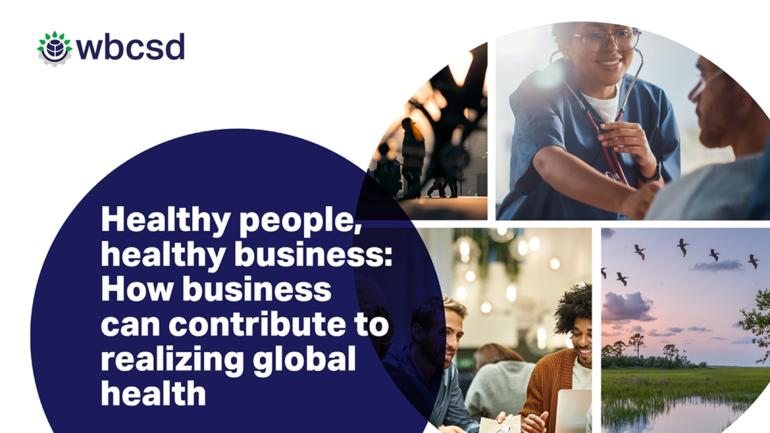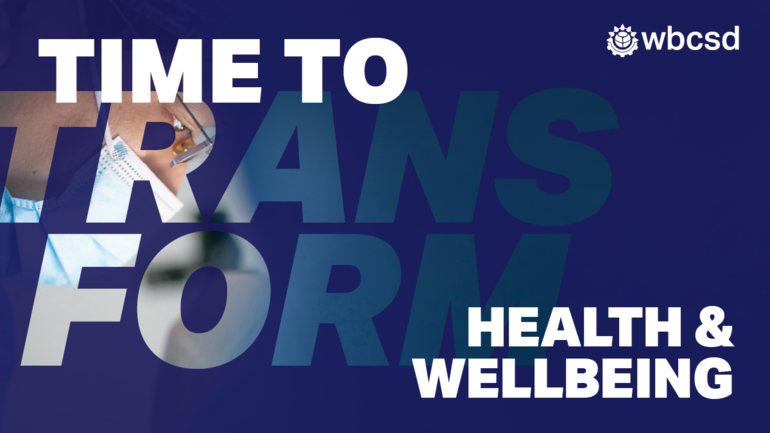Geneva, 8 October: According to UK mental health charity, Mind, at least 1 in 4 of us suffers from some form of poor mental health. In the wake of the Covid19 pandemic, these statistics are likely to escalate, due to the long-lasting psychological impact of protracted physical distancing measures, social isolation, and financial uncertainty, not to mention increased levels of alcohol and drug use.
Within the workplace, global research suggests also, that poor mental health is now a leading cause of long-term absence from work. A recent US survey, for example, reports that approximately three-quarters of workers are experiencing ‘burnout’; it is perhaps unsurprising therefore, that this phenomenon has now been included within the WHO’s 11th Revision of the International Classification of Diseases.
As the evidence mounts, it seems mental health is indeed everybody’s business.
What, therefore, is the role of organizations in supporting the psychological welfare of its employees?
Historically, many organizations assumed that, in the absence of evidence to the contrary, good mental health was the norm; outliers were typically referred to HR or signposted outside of the organization to seek advice via an Employee Assistance Program. Supported by occupational health, the employee was usually able to transition back into the workplace, typically with a number of ‘reasonable adjustments’ in place. However, as corporate thinking has evolved, organizations are now recognizing that in proactively supporting employee psychological well-being more broadly, other positive gains will follow.
Mitigating financial risk: these include the bottom-line impact of absenteeism (where employees use flexi-time, annual leave and/or unpaid leave to have time off when they are too unwell to work), unexpected resignations and material costs associated with re-hiring, as well as presenteeism rates (where employees show up to work sick, fatigued or operating below normal levels of productivity)1. With recent studies by the likes of Deloitte indicating that the costs of poor mental health in the workplace run into the billions, and statistics that suggest mental health will soon become the leading cause of work-related illness, investing in supporting employee mental health and well-being has never been so convincing.
Enhancing market reputation: a recent Oracle report found that 76% of workers believe companies need to do more to support the mental health of their workforce. This is increasingly apparent as employees, particularly graduates, scrutinize the quality of health benefits and approaches to flexible working offered by potential employers on ‘real-time’ websites such as Glassdoor and Indeed. Whilst many organizations are investing in stress management tools and offering psycho-educational support as part of their response to the challenges presented by work-related stress, some companies, such as Nike and Bumble, are pushing the envelope even further. Recently, both companies offered workers a week off to ‘de-stress’ from the ongoing impact of Covid19, and for many, this will signal a true commitment to ‘walking the walk’ on mental health.
Managing investor scrutiny: human sustainability is likely to become a central component of investment strategies, with companies needing to demonstrate a robust health and well-being strategy to support the ongoing financial integrity and long-term viability of their business. In recent months, both the signatories to the Principles for Responsible Investment and the Sustainability Accounting Standards Board have identified mental health as a top priority. Similarly, with the introduction of the new ISO 45003 global standard (Occupational health and safety management – Psychological health and safety at work – Guidelines for managing psychosocial risks) a new bar has been set on how investors might assess workplace mental health and we will likely see this standard applied in investor due diligence moving forwards.
What more can organizations do to support employee mental health?
The pandemic has reinforced the importance of human connection and our innate need to belong, and it is encouraging to see that the new ISO standard addresses this within its holistic approach to psychological health. In covering themes such as poor leadership, ineffective communication, and organizational culture, it is clear that the new standard envisages a workplace where leaders have a significant role to play. Focusing on developing skills linked to purpose and motivation, conflict management, diversity and inclusion, coaching and mentoring and resilience will support leaders to harness their role in cultivating the necessary conditions for employees to feel psychologically safe in the workplace. In doing so, these leaders are likely to create and foster mutually respectful relationships and build a sense of belonging for teams within their organization.
The road ahead
If, indeed, mental health is everybody’s business, the remit of senior executives and leaders within business must extend to prioritizing the wellbeing of employees, who contribute to the growth aspirations of their company. In doing so, businesses will both influence and maximize longevity and productivity and, perhaps more importantly, make a significant contribution to the evolution of good health and well-being at work.
WBCSD is exploring ways in which business can foster a thriving culture of mental and physical health throughout operations and supply chains as part of its Healthy People, Healthy Business project.
For more information on this work and how to get involved contact WBCSD’s Health and Wellbeing Manager, Uta Jungermann (jungermann@wbcsd.org).








